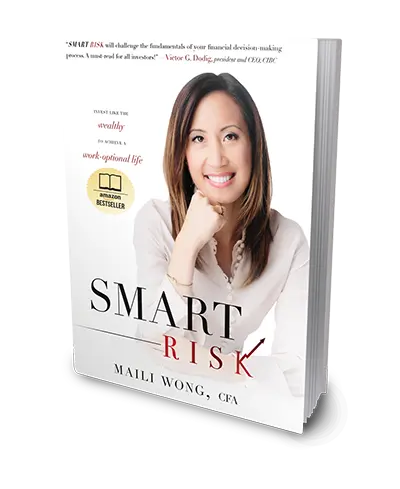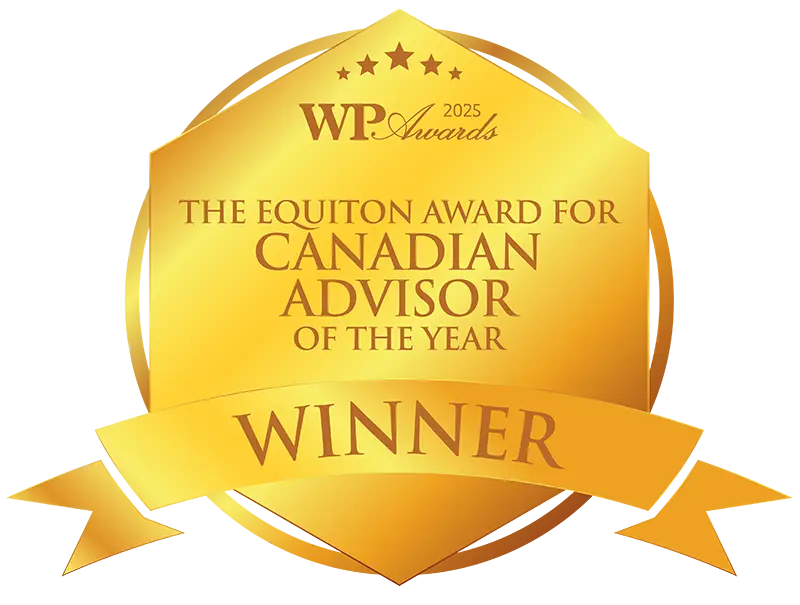In this May 2025 market update, Maili shares insights from her recent experience at the National Volleyball Championships, drawing parallels between sports and investing.
00:10 – Volleyball Championships: Maili shares insights from her experience at her daughter’s National Volleyball Championships, drawing parallels between sports and investing.
02:10 – Market Rebound: Discussion on the recent market rebound and the factors driving it.
02:30 – Inflation Numbers: Breakdown of the latest inflation numbers in the U.S. and Canada.
2:50 – Interest Rates: Analysis of current interest rate trends and their implications.
03:20 – Mark Carney’s Win: Impact of Mark Carney’s election victory on the Canadian market.
04:42 – Artificial Intelligence: How AI is reshaping global investing and its geopolitical significance.
05:10 – Portfolio Strategy: Maili’s advice on portfolio diversification and managing risk in the current market environment.
This month, we’re seeing a market that’s found its footing again. After a turbulent start to the year, global equities have bounced back – driven not just by earnings resilience, but by a meaningful de-escalation in trade tensions. The bounce back in equities has been meaningful, but not without complexity. As always, our job is to look through the noise, assess the risks, and position portfolios for long-term success.
In the U.S., inflation continues to cool. April’s CPI came in softer than expected, giving the Federal Reserve room to pause and assess. While rate cuts aren’t imminent, the Fed has clearly shifted to a more balanced tone – watching both inflation and employment as they evolve.
Here in Canada, the story is more nuanced. The Bank of Canada is holding steady for now, but the path forward will depend on how the labor market and inflation unfold in the months ahead. Inflation eased in May to 1.7%, but largely due to changes in the carbon tax. Unemployment was a bit higher than expected despite temporary help from part time election workers.
Canada has entered a new political chapter with Mark Carney’s election victory. While it’s still early days, markets have responded positively to his global credibility and steady leadership style. We’ll be watching closely for signals on trade, housing, and innovation policy as his government takes shape.
Geopolitically, we’ve seen some encouraging developments. The most severe risks in the U.S.-China relationship – like full-scale decoupling – are likely now off the table. That’s a big deal. It’s helped stabilize global trade expectations and reduce risk premiums across markets.
In the Middle East, diplomatic efforts have quietly gained traction. And notably, we’re seeing a new wave of AI-related deals emerge – where technology, energy, and national security are intersecting in powerful ways. These partnerships are shaping the next chapter of global innovation.
In fixed income, credit spreads remain tight – reflecting investor confidence. A major sign that there is less risk in the system, and companies can continue to borrow, invest and operate.
Themes We’re Watching:
- AI as Currency: Artificial Intelligence is no longer just a tech theme – it’s becoming a geopolitical lever. Nations are using AI capabilities as bargaining chips in trade and defense negotiations
- Downstream AI: While upstream names like NVIDIA have led, we’re now focused on downstream beneficiaries – data centers, nuclear, and infrastructure
- Re-shoring & Inflation: The inflationary impact of re-shoring is real. We’re holding real assets like gold and infrastructure as hedges
- Global Midcaps: We continue to see opportunity in global midcaps – especially in Europe and Asia – as part of our diversification strategy
So what does this mean for your portfolio?
Well, smart risk is about being prepared, not scared. It’s about recognizing that a crisis represents danger and opportunity. We continue to favor a diversified approach – balancing equities with high-quality bonds, and leaning into international investments and downstream AI opportunities. We’re also holding real assets like infrastructure and gold as hedges against inflation and geopolitical uncertainty.
As always, we advocate for a diversified approach to portfolio management, balancing equities with high-quality bonds and real assets to navigate inflation and geopolitical uncertainty.
If you have any questions about how this relates to you or your investment portfolio and financial plan, please give us a call at 778-655-2410 or email us at thewonggroup@wellington-altus.ca
Sincerely,
Maili Wong, CFA, CFP, FEA
Senior Portfolio Manager & Senior Wealth Advisor
Wellington-Altus Private Wealth Inc.
Board Director
Wellington-Altus Financial Inc.





